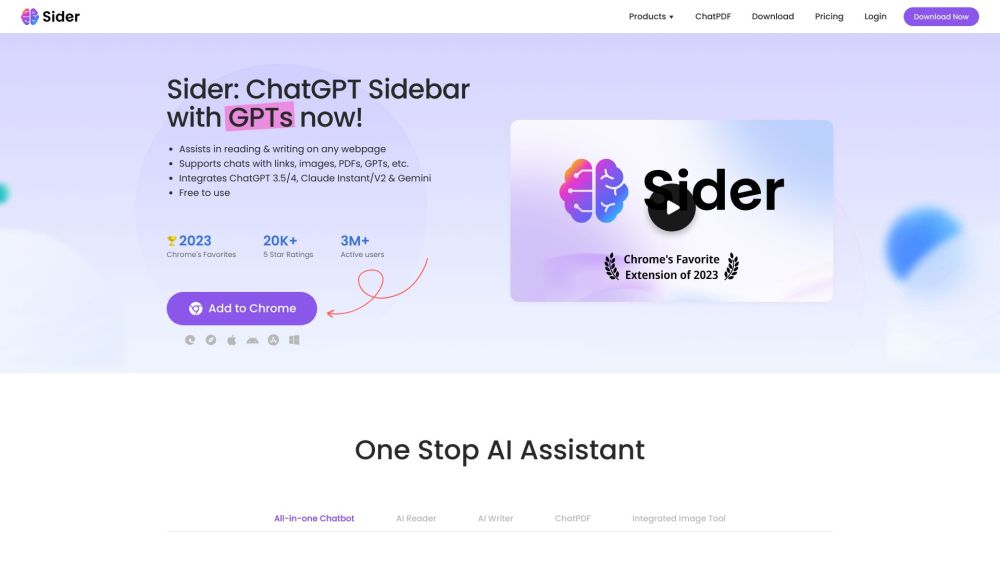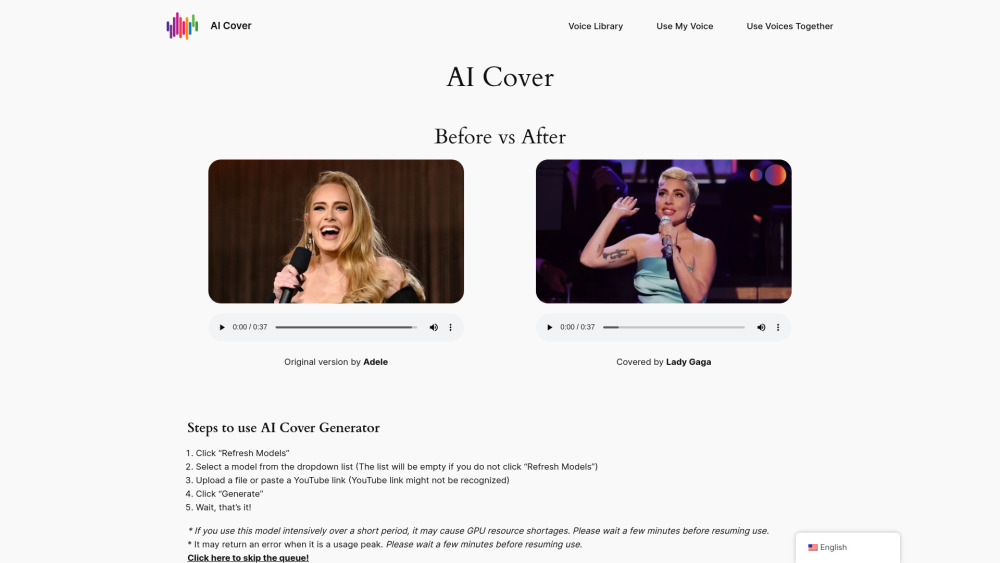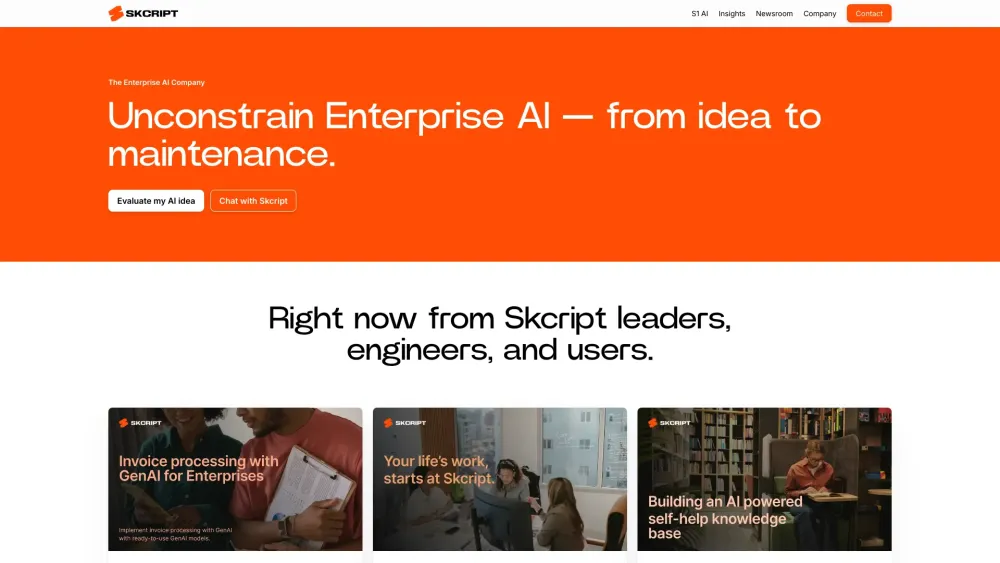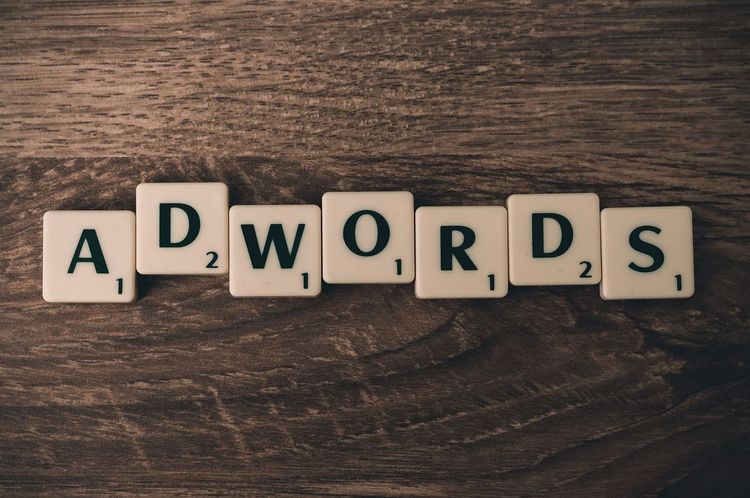AI Triumphs: 2024 Nobel Prizes Recognize Breakthroughs in Protein Research
This week was monumental for artificial intelligence as the Royal Swedish Academy of Sciences announced the 2024 Nobel Prize winners in Chemistry. DeepMind CEO Demis Hassabis and Director John Jumper received half of the award, while David Baker, head of the Institute for Protein Design at the University of Washington, earned the other half.
This announcement closely follows the recognition of AI pioneers Geoff Hinton and John Hopfield, who were awarded the Nobel Prize in Physics for their foundational contributions to machine learning and AI.
Hassabis and Jumper were honored for their groundbreaking work in “protein structure prediction,” while Baker’s accolade celebrated his achievements in “computational protein design.”
Understanding the Impact of Protein Research
Proteins serve as the essential building blocks of life, making DeepMind’s advancements with AlphaFold particularly transformative. After years of anticipation, the Google subsidiary unveiled the second version of this AI model in 2020. This innovation aimed to address a longstanding challenge in science—predicting the 3D structure of proteins solely based on their genetic sequences.
The shape of a protein determines its function, and traditionally, uncovering this shape required extensive lab experiments that could take years. AlphaFold revolutionized this process, predicting protein structures in just hours for approximately 200 million proteins. This accelerated data processing has profound implications for drug discovery, disease diagnosis, and bioengineering.
"This year’s awarded discoveries focus on the remarkable construction of proteins and fulfilling a 50-year dream: predicting protein structures from their amino acid sequences. Both breakthroughs unlock immense potential," stated Heiner Linke, chair of the Nobel Committee for Chemistry.
Baker’s half of the prize results from his innovative engineering of entirely new protein types, computationally designed for specific roles in pharmaceuticals, vaccines, and other applications.
Recognizing Career Achievements
Demis Hassabis, born in London in 1976, is a celebrated figure in multiple fields, achieving chess mastery as a teenager and serving as lead programmer at U.K.-based Bullfrog Productions. He graduated from the University of Cambridge with first-class honors in Computer Science before founding DeepMind alongside Shane Legg and Mustafa Suleyman, who joined Microsoft earlier this year from AI startup Inflection AI.
DeepMind was acquired by Google in 2014 for over $500 million, and Jumper became part of the team three years later. Notably, Hassabis received a U.K. knighthood in March for his significant contributions to artificial intelligence.
In addition to the honor of this prestigious award, the Nobel Prize in Chemistry includes a cash prize of 11 million Swedish kronor (approximately $1 million), with half awarded to Baker and the other half divided between Hassabis and Jumper.





